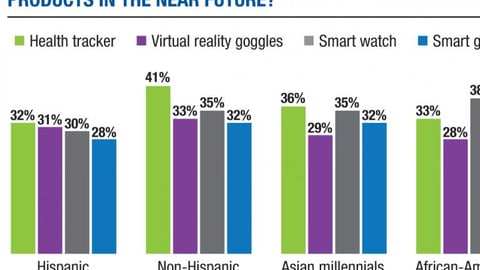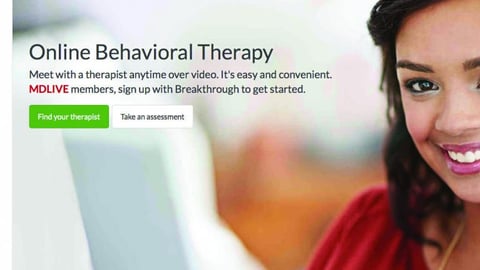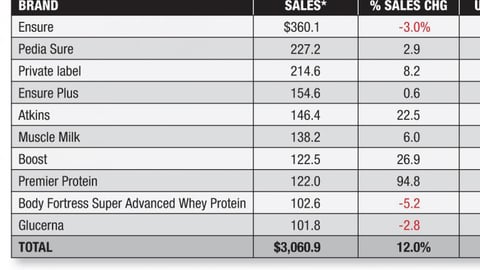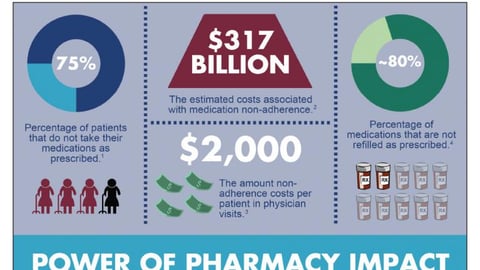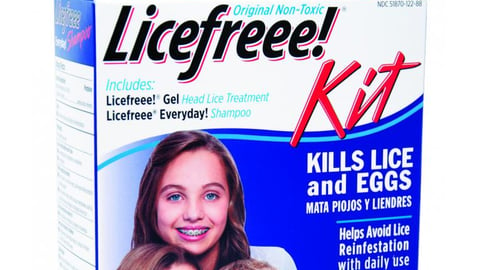-
Unthink what you thought you already knew
Let’s just say I wasn’t exactly expecting to have my mind completely blown. Cardinal Health RBC 2016 had been a terrific show, but if we’re being completely honest here, the keynote speaker for the closing business session — some long-haired street artist I had never heard of, wearing black Converse and speed-painting to loud music at 9 a.m. on a Saturday morning — had me scratching my head a little.
Did I really need to see that?
It turns out, I really did.



